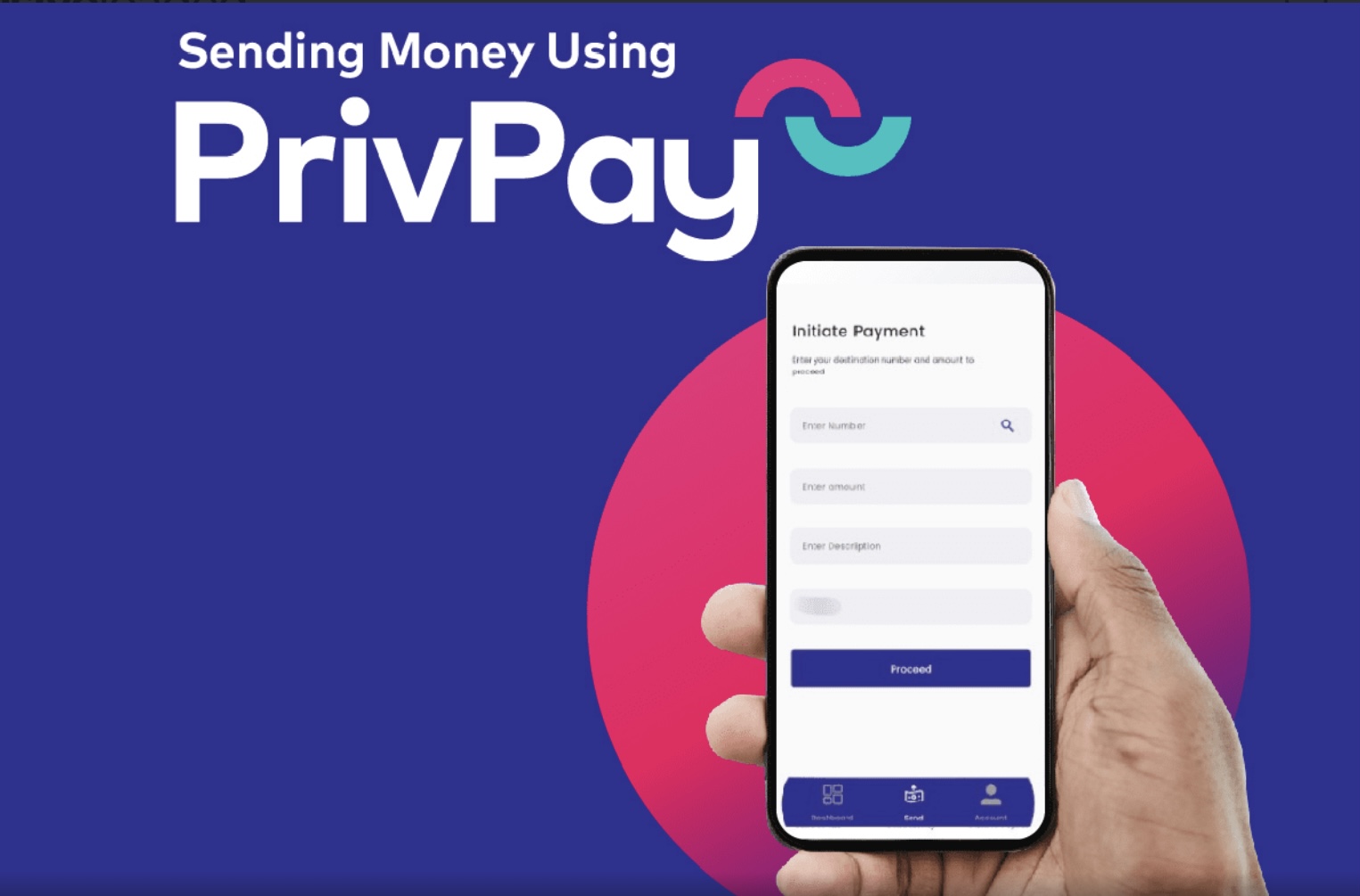PrivPay Shutdown: A Case Study on a Single Point of Failure

Rejoice Anodo
January 18, 2025

PrivPay was a Kenyan startup founded in 2022 by Siri Yangu Ltd., which provides data protection solutions for its users. PrivPay granted its customers anonymity during M-PESA transactions. This idea of data privacy appealed to customers, as their details shared with merchants were eventually used in marketing.
PrivPay’s Vision
Sandra Mbuvi, a product manager at Siri Yangu, highlighted the impact PrivPay was poised to create on Kenya’s fintech space.
“In instances where one doesn’t have cash on them and is reluctant to send money because they’re uncomfortable sharing their name or phone number with the recipient, PrivPay comes in handy to help send money privately via M-PESA. With the growing interest in consumer and data protection solutions in Kenya, I believe this is such a timely innovation that will resonate with many who are keen on data privacy and safety, especially in mobile money transfers.”
PrivPay and M-PESA
To provide anonymity, PrivPay accessed Safaricom’s database, which housed M-PESA’s payment API, Daraja. PrivPay used this API at no cost to conduct mobile money transactions. PrivPay set up its application for Android and Apple devices. An investigation conducted by Business Daily disclosed that M-PESA transfers came with an additional charge on the PrivPay app. Successful transactions were confirmed, with two notifications sent to the sender: one from PrivPay and another from M-PESA.
It further revealed that the platform targeted charity and donations and favoured anonymous payments. PrivPay’s services were exclusive to M-PESA users, but it planned to expand to Airtel Money and T-Kash. From inception to date, PrivPay has no publicly disclosed funding rounds, investments, mergers, or acquisitions.
What led to PrivPay’s Abrupt Sunset?
During the first quarter of 2023, Safaricom, Kenya’s largest telecommunications provider, refuted PrivPay’s access to their M-PESA API, citing compliance concerns as the major reason. Media outlets bore news reporting that PrivPay presented its business model to Safaricom and got their approval. However, their stance changed when the platform garnered media attention.
TechCabal reported that Safaricom presented a letter to PrivPay, stating their disapproval of its business model. Their sub-operator, M-PESA, disfavours third-party transactions, and Safaricom claimed that PrivPay broke Kenya’s Anti-Money Laundering law and violated several compliance issues. Following this development, PrivPay’s pay bill account, used to process M-PESA transactions, was suspended. The fintech startup was asked to request a payment service provider (PSP) license from the Central Bank of Kenya, which requires a minimum of six months to get approved.
In response to Safaricom’s money laundering concerns, PrivPay officially shared that all transaction records would be kept for at least seven years to prevent such occurrences. Safaricom did not retract their actions. However, instead of a license, the telecom provider accepted only a letter of no objection from the Central Bank of Kenya.
Given the limited choices presented to PrivPay, a spokesperson informed Techcabal about their final decision: “We did not explore a PSP license at the time due to the resources required. Also, it would take time.”
These occurrences eventually led to operational difficulties for the company, as they solely depended on M-PESA’s free API for all transactions. With the closure of its pay bill account, the business closed its shutters.
Key Takeaways
Financial integrity is a stepping stone to business success. PrivPay’s outward display of good intent was not enough for Safaricom, which favoured strict adherence to regulatory requirements. Its failure to meet the requirements to ensure continued business operations contributed to its sudden shutdown.
Consumer data privacy—PrivPay’s selling point—was an innovative idea in the fintech space beyond Kenya and its environs. With barely one year of active operations and the inability to move towards self-sufficiency, PrivPay’s case begs the question: are fintech startups in Africa oversaturated, or just enough?
PrivPay would have aced the status of a fintech giant, with adequate investment and adherence to set regulations, as its business idea was not widespread then. The company’s ability to return to the fintech space will be based mostly on their choice to meet the regulatory requirements demanded of them. What are your thoughts on PrivPay’s sudden exit? Share them in the comments below.


